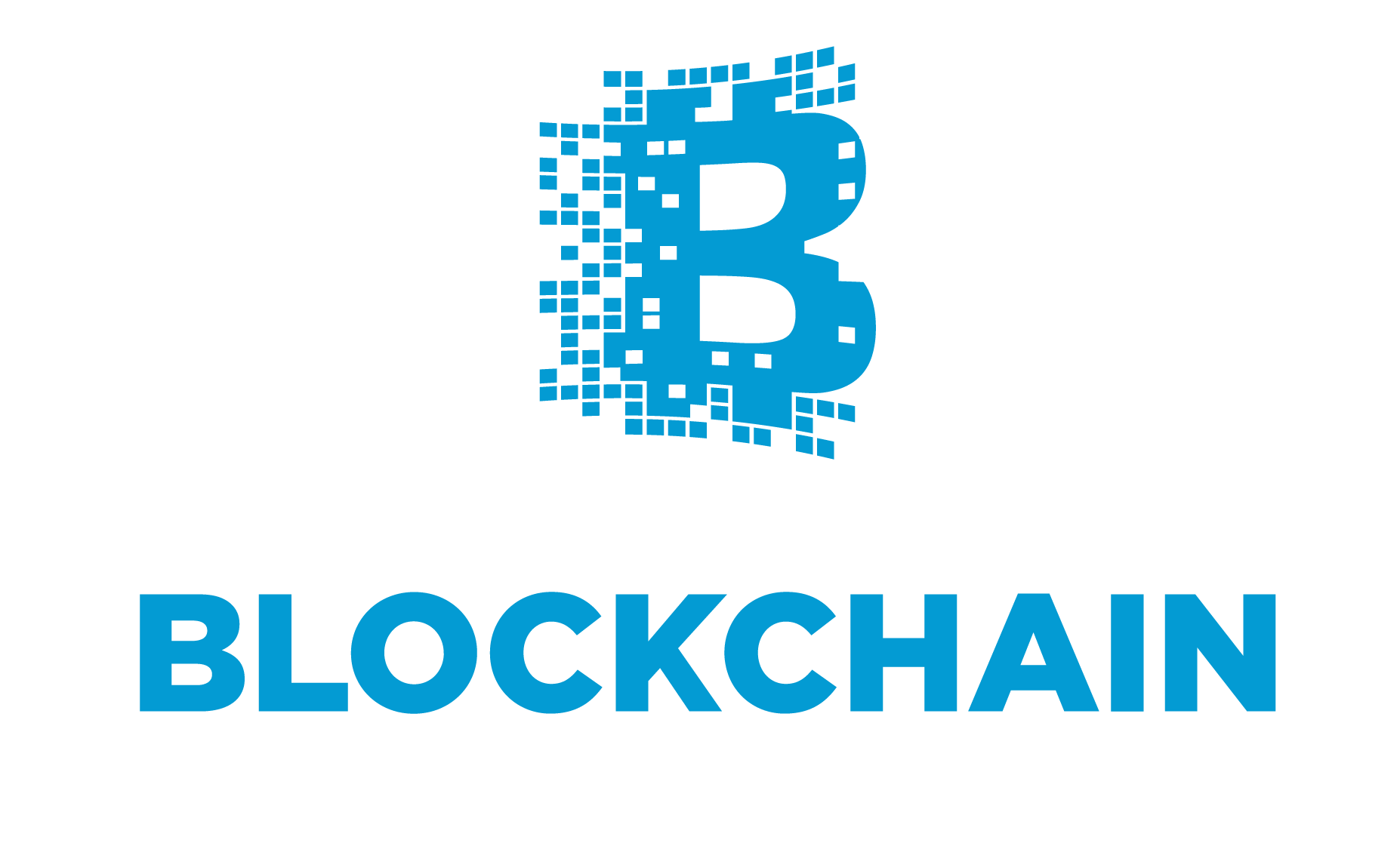Search posts by keywords:
Filter posts by author:
Related NEAT Reports
Other blog posts
posted on Oct 25, 2017 by Andy Efstathiou

In this blog, I look at Capgemini’s Blockchain initiatives and what segments they are focusing on for further development with their financial services clients.
Initially, Blockchain engagements were focused on:
- Using POCs to develop an understanding of the capabilities and limitations of distributed ledger technology (DLT)
- Developing business use cases, trying POCs to determine if there is an effective business application of the technology
- Conducting due diligence on vendors to understand the supplier ecosystem.
Recently, financial institutions have been narrowing the range of use cases and vendors they are willing to consider. They are looking to drive forward one or more use cases to full production, and their focus with Blockchain services vendors is to develop a selective roadmap for operational deployment of a few high priority engagements.
Capgemini’s Blockchain services & use cases
Capgemini has been pursuing Blockchain for two and a half years, and it has a group of 25+ engineers working on Blockchain initiatives, with seven engagements currently in play. Capgemini’s Blockchain practice believes successful initiatives require a combination of business domain and technology expertise, and it focuses on five areas:
- Technology expertise: especially DLT, cybersecurity, communications, and data management
- Domain expertise:
- Structured finance: trade finance and factoring, non-listed, non-codified bilateral agreements
- Payments: real-time international payments transactions, including compensation, settlement, and reporting
- Capital markets: Post Trade Automation (including optimized Collateral operations), Syndicated & Commercial Lending, and Non-Listed Securities
- Insurance and reinsurance: focused on European companies for smart contract management
- Digital identity: security and personal identity for access to the DLT
- Program management: DLT projects are complex and agile, with the client and vendor are working together on the project
- Alliance partners: cloud providers, and product vendors. Capgemini participates on industry panels, especially on Hyperledger Fabric, to create and support roadmap development
- Partner on business: platform-based operations delivery. Creation and governance of the utility that will provide service to the clients.
Currently, Capgemini works with four key technology stacks:
- Symbiont
- Hyperledger
- R3 Corda
- Ripple.
Capgemini believes it is differentiating to understand the current state environment within a given client (both business processes and technology processes). Further, that understanding is required to be able to effectively reimagine processes using any advanced technology, especially Blockchain.
Ultimately, Capgemini wants to act as a universal integrator, partnering with technology providers to support clients redesigning their business with Blockchain centric services that also leverage complementary capabilities like AI or machine learning. Capgemini is aiming to serve as the Transformation Partner for their clients, where Distributed Ledger Technology is the transaction framework to deploy next generation, collaborative operating models. Working with key partners, they will continue to evolve core technical competencies in Blockchain to its clients, such as:
- Blockchain as-a-service
- Security as-a-service
- Identity management as-a-service.
Conclusions
To date, most Blockchain services vendors have been:
- Delivering POC engagements to clients as clients work to identify opportunities to use Blockchain technologies, or…
- Building Blockchain POCs for utilities they might productize for clients.
Capgemini is pursuing a third path of building on its extensive work with client legacy systems, and coupling that domain knowledge of the client with its own ability to coordinate multiple technology vendors to create faster, more effective business restructuring around Blockchain capabilities.
Ultimately, as Blockchain technology matures, Capgemini will transition to providing Blockchain infrastructure services focused on security and technology platform outsourcing. While the technology is still at a very early stage, adoption is increasingly looking to be done primarily by tier-one institutions. The technology will mature rapidly, and infrastructure providers will be harvesting most of the revenues being created for vendors in Blockchain.
